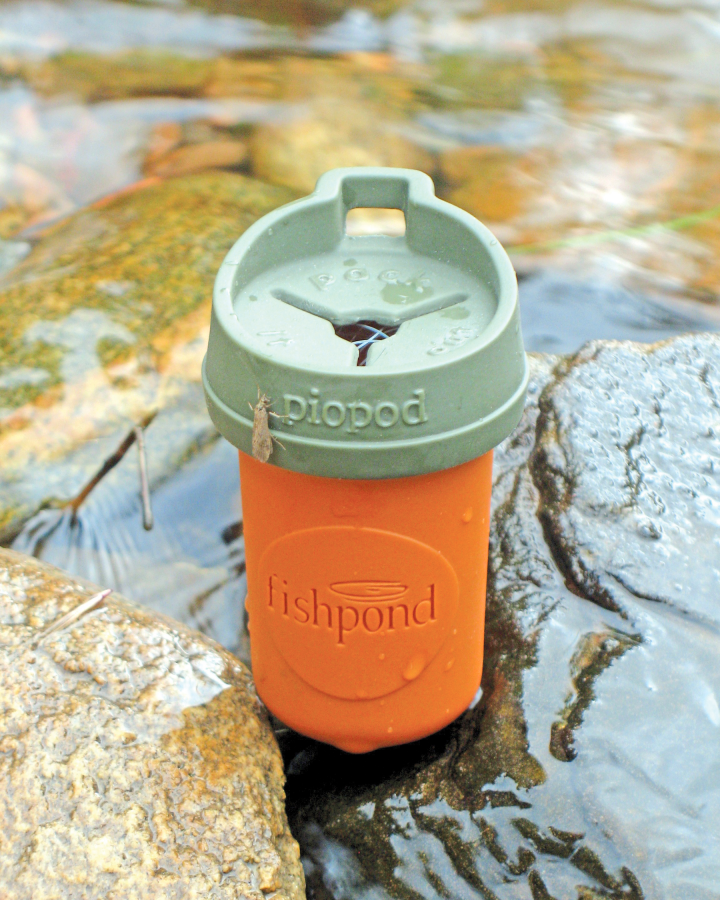By: Chris O’Byrne

In our angling lives we’ve taken joy in the glories of pure, untouched waters. We love getting away from civilization to one degree or another; we are anglers after all. Unfortunately, we’ve also found nature dirtied and harmed by less than ideal behavior of fellow anglers. During his visit to our nation, the French author and admirer of democracy, Alexis de Tocqueville predicted, “In a democracy, the people will get the government they deserve.” Because much of the land in the United States is owned by the people, we are sure to end up with the fisheries we deserve. As we begin any day of fishing we should keep in mind our responsibilities as owners of our beloved land and water.
A leader in conservation, the Leave No Trace Center for Outdoor Ethics (LNT) suggests precepts to ensure our environment is healthy in their Seven Principles.

Their last two principles remind us that we are not alone and earlier in the list we learn that we must Dispose of Waste Properly. In the end, if we refuse to accept this responsibility, some group claiming management authority will likely assume the power to control the fisheries we love and democratized land will be a memory.
Monofilament of all types, a blessing to angling and a bane to the environment, is at least an eye sore and potentially a deadly hazard. Therefore it is huge responsibility for us anglers. In order to dispose of monofilament, and all our waste, LNT’s first ethic is important; Plan Ahead and Prepare. We might use the cargo pockets of our fishing clothes to pack-out what we have packed-in. We might bring a small bag to hold trash and the trash of others. We might dedicate a spot in our boat to hold trash until the end of the day. Or we might use one of the new, ingenious, portable trash containers like the Piopod by Fishpond to contain destructive lengths of monofilament as well as cigarette butts and other small bits of waste.

By cleaning up a little we will be making a positive impact on our watersheds. Alone. But if we are seen being responsible with garbage and other anglers follow our example, then our conservation efforts are multiplied. We might make a point to mention the cleaning we did on a fishing trip, in addition to the fish we raised, caught and released. Another enjoyable way to increase the number of conservation minded anglers is by introducing others to the outdoors. In the case of new anglers as with all of us, the loving protection of nature will follow naturally from the enjoyable effort of catching fish on a fly.
In the protection of our fisheries, individual action will tell. In the same way we take pride in our clean vehicle among all the others, we can take pride in our conservation efforts.
In the end, we will get the fisheries we deserve, and we can deserve clean, vibrant waters.
